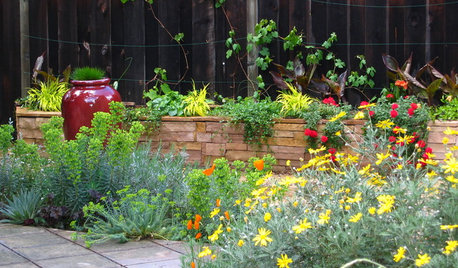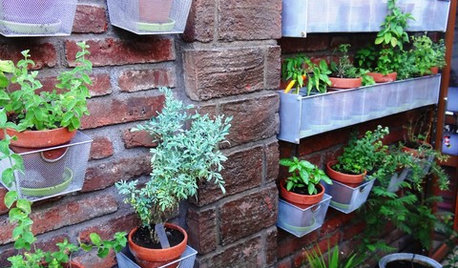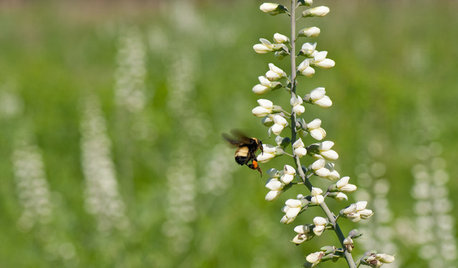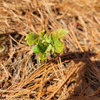Please don't use pesticides...
perennialfan273
13 years ago
Related Stories

HOME OFFICESQuiet, Please! How to Cut Noise Pollution at Home
Leaf blowers, trucks or noisy neighbors driving you berserk? These sound-reduction strategies can help you hush things up
Full Story
DECORATING GUIDES10 Bedroom Design Ideas to Please Him and Her
Blend colors and styles to create a harmonious sanctuary for two, using these examples and tips
Full Story
SUMMER GARDENINGHouzz Call: Please Show Us Your Summer Garden!
Share pictures of your home and yard this summer — we’d love to feature them in an upcoming story
Full Story
LIVING ROOMSCurtains, Please: See Our Contest Winner's Finished Dream Living Room
Check out the gorgeously designed and furnished new space now that the paint is dry and all the pieces are in place
Full Story
HOUSEPLANTSMother-in-Law's Tongue: Surprisingly Easy to Please
This low-maintenance, high-impact houseplant fits in with any design and can clear the air, too
Full Story
OUTDOOR KITCHENSHouzz Call: Please Show Us Your Grill Setup
Gas or charcoal? Front and center or out of the way? We want to see how you barbecue at home
Full Story
GARDENING AND LANDSCAPINGNo Fall Guys, Please: Ideas for Lighting Your Outdoor Steps
Safety and beauty go hand in hand when you light landscape stairways and steps with just the right mix
Full Story
GARDENING GUIDES9 Fresh Herbs for Crowd-Pleasing Thanksgiving Dishes
Pluck these herbs from a windowsill pot or a garden for a Thanksgiving meal that sings with fresh flavor
Full Story
GARDENING GUIDESGreat Design Plant: Please Bumblebees by Planting Baptisia Lactea
Plant wild white indigo in central and southeastern U.S. gardens for its large white flower heads and early-spring interest
Full Story





jimster
oilpainter
Related Discussions
Please don't use pesticides...
Q
white flies? Don't think so. Help please.
Q
Please don't use abbreviations in your posts
Q
Don't ever use weed cloth. Just don't do it.
Q
pnbrown
Michael
sandhill_farms
oilpainter
pnbrown
DrHorticulture_
wordwiz
scarletdaisies
taz6122
perennialfan273Original Author
jimster
wayne_5 zone 6a Central Indiana
jimster
Poppy Mark
robin_maine
Dan _Staley (5b Sunset 2B AHS 7)
rnewste
nc_crn
pnbrown
rnewste
heather38
Dan _Staley (5b Sunset 2B AHS 7)
vermontkingdom
organicdan
jimster
pnbrown
Michael
rnewste
scarletdaisies
hamiltongardener
scarletdaisies
heather38
sandhill_farms
pnbrown
Dan _Staley (5b Sunset 2B AHS 7)
jimster
Michael
rnewste
scarletdaisies
terrene
Michael
rnewste
gardenlen
nc_crn
oilpainter
wayne_5 zone 6a Central Indiana
Michael
daylilyfanatic4